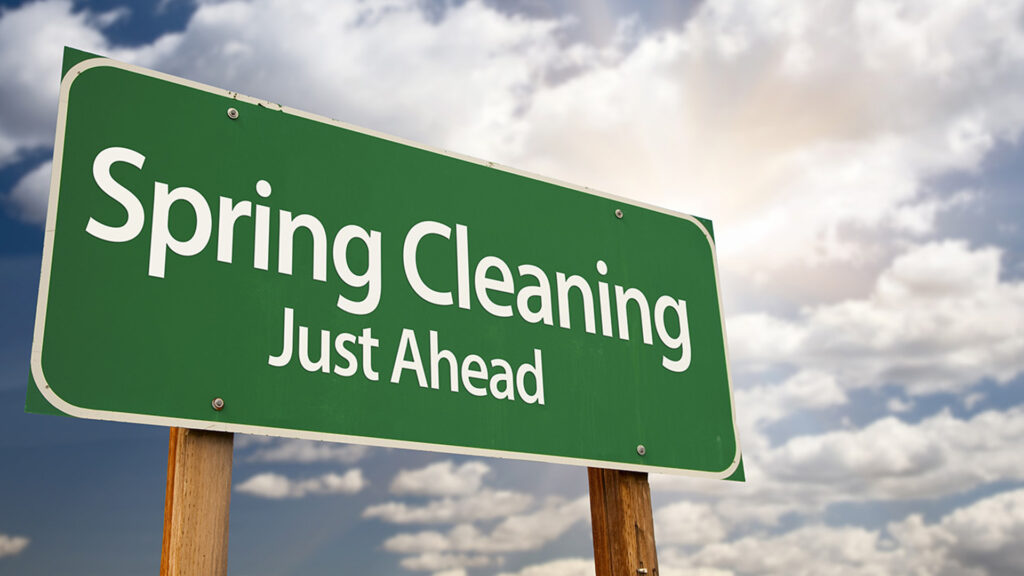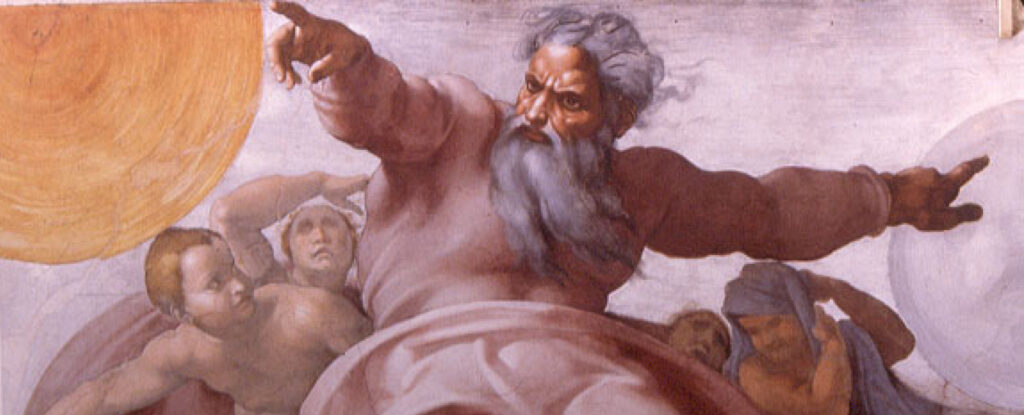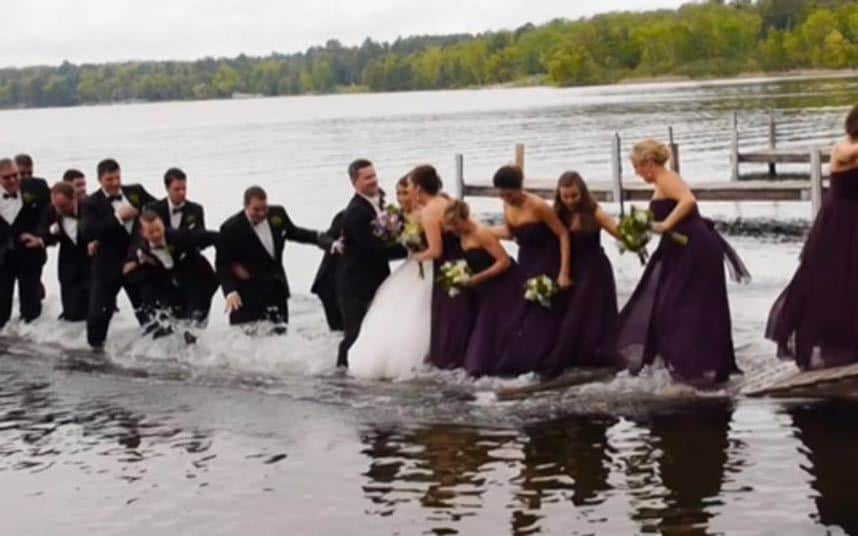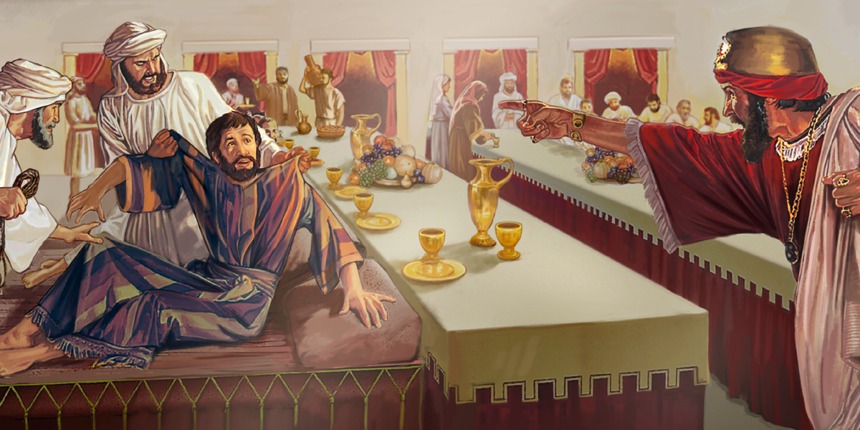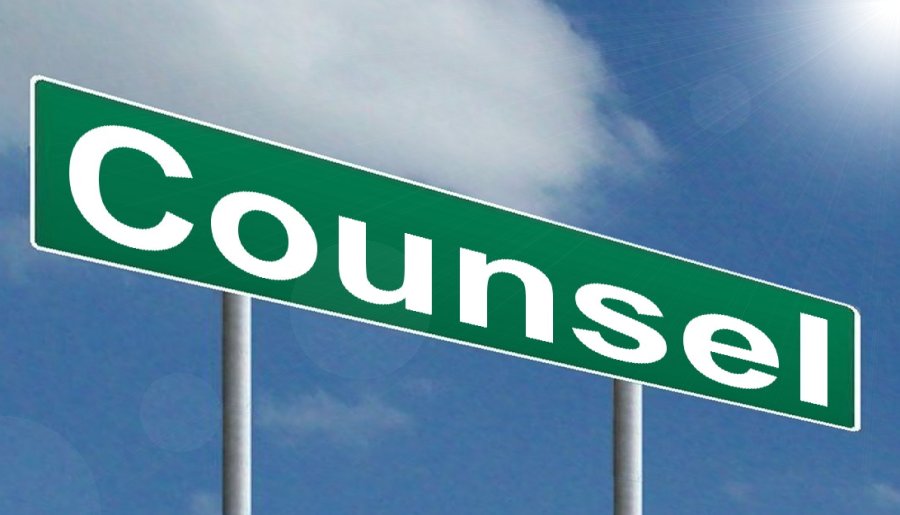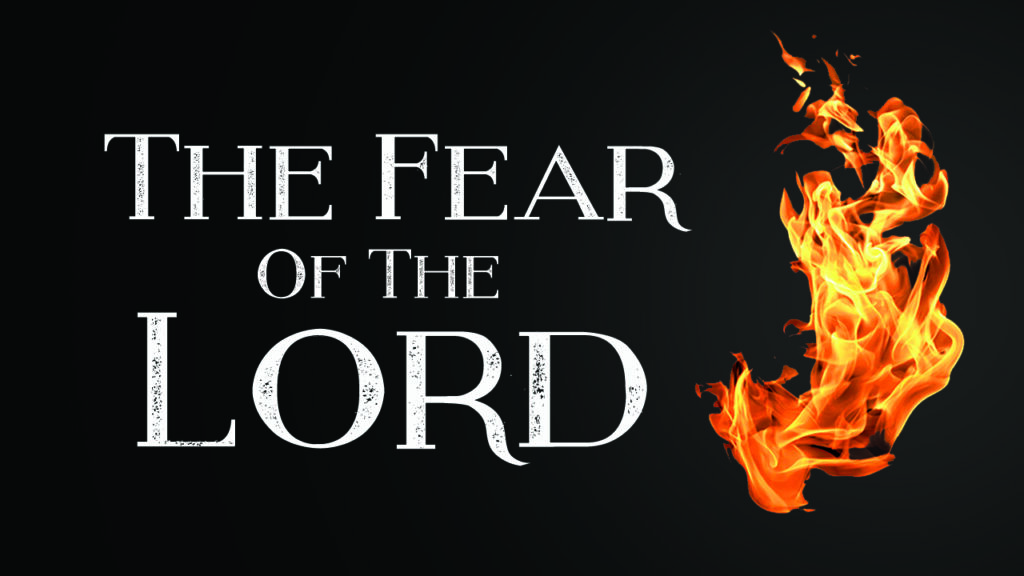Are We Punishing Ourselves?
Seeking the “Different” All too often we seek the “different” because it seems more exotic and impressive. Consider weddings. It’s seems no longer good enough to have a ceremony followed by an enjoyable reception. No, you have to find things to make your wedding stand out — lavish locations, over-the-top decorations, exotic animals, and confetti […]
Are We Punishing Ourselves? Read More »



